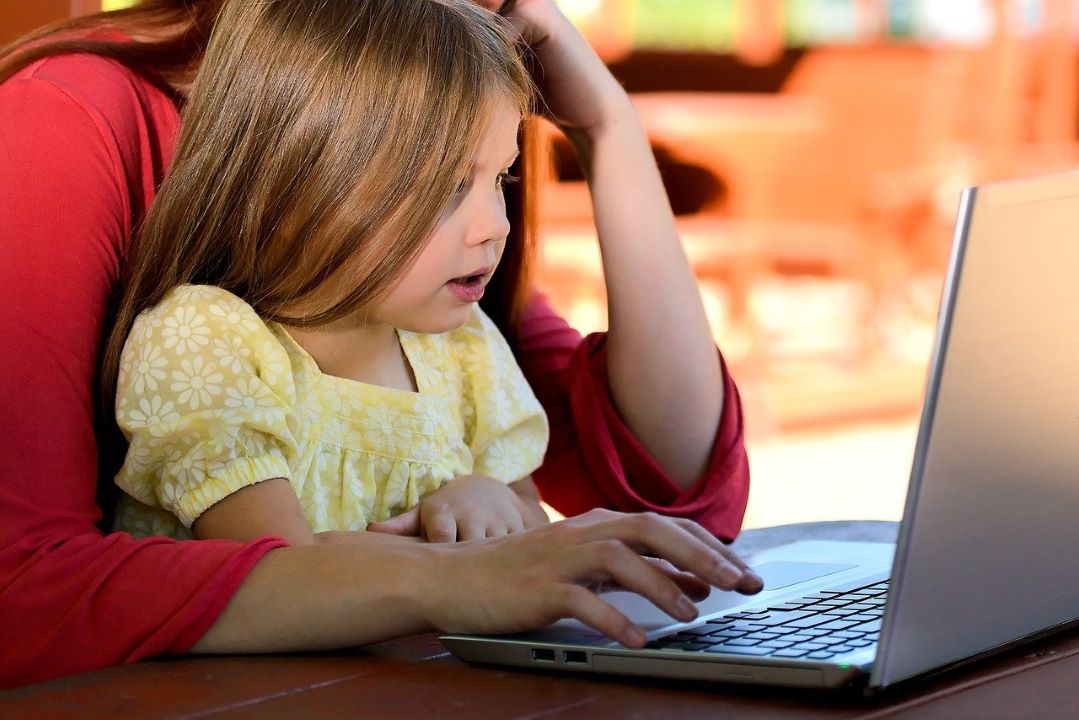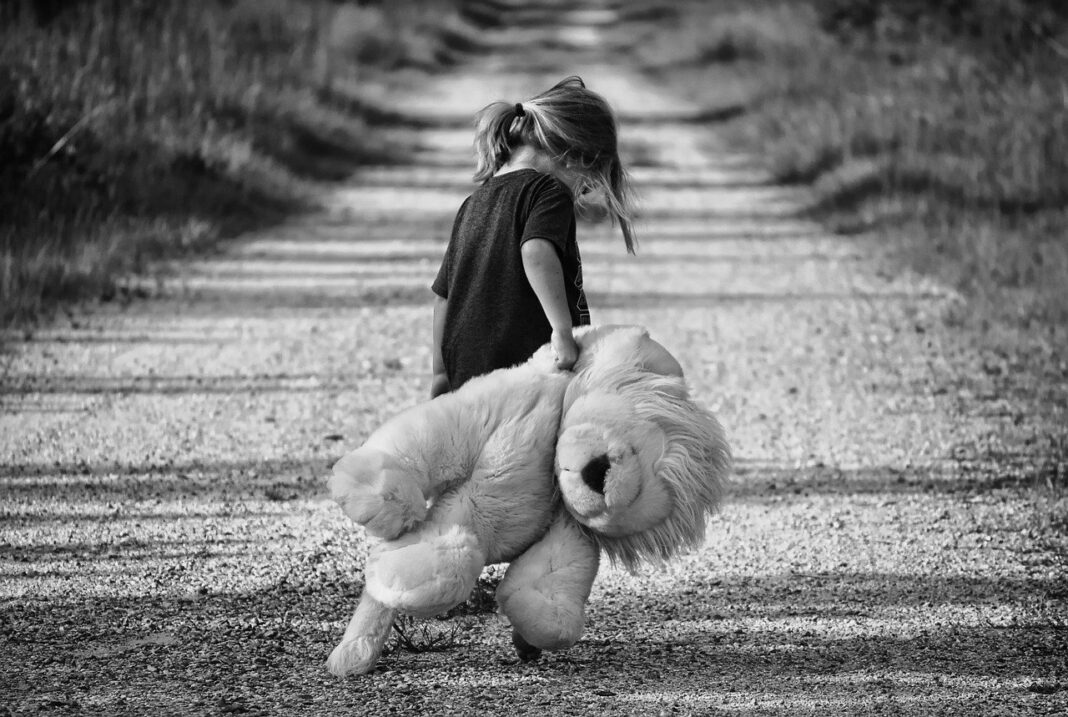The coronavirus pandemic undoubtedly affects the minds of all of us in some way. A hot topic in the media, at work, and in families. How does isolation affect children, and how to treat them in these difficult times?
Children Might Feel Fear
Coronavirus in the news, coronavirus on television, coronavirus on the internet, coronavirus at school, coronavirus at home. Respirators, disinfection, insulation. Children can see it, hear it, perceive it. What do they think? Some are afraid of the virus, same face nightmares; others are fainting due to inhaling carbon dioxide under the respirator – and others are witnessing it.

We talk about coronavirus at dinner; we read aloud extraordinary news from the internet. We decide whether it is still safe to go to see our grandmother. Children listen to it, get involved. At first glance, this seems to be more of an excitement than a source of concern. But then they start complaining about headaches and concentrate badly on learning. With the loss of the regimen, disorders of thinking, attention, and concentration can occur.
The epidemic exacerbates anxiety in children. They are afraid of infection and also that their parents will lose their jobs. The coronavirus crisis affects even the smallest ones. Children lack classmates. They care about themselves or their loved ones. They also fear that their parents will lose their jobs. Children often face great stress, anxiety, and fear due to both social isolation and an epidemic.
It’s Important to Discuss the Coronavirus Openly
According to doctors, anxiety is increasing in children, and serious mental disorders are deepening. Therefore, they recommend that parents talk to them about the situation. Parents should talk openly with their children about coronavirus and concerns about it. It is necessary to focus on bright moments during quarantine and not complicate the already demanding situation with pettiness.

Even during a situation that lacks well-established patterns of behavior, the pursuit of foresight helps. Families should not be too burdened to live in quarantine, for example, conflicts over-cleaning. People can enjoy moments for which there is usually not much time left.
This period is extremely challenging for everyone. Parents should talk about the coronavirus with their offspring in proportion to their age. But openly so that their children are not left alone in their fears.
Source: https://childmind.org/article/anxiety-and-coping-with-coronavirus/















